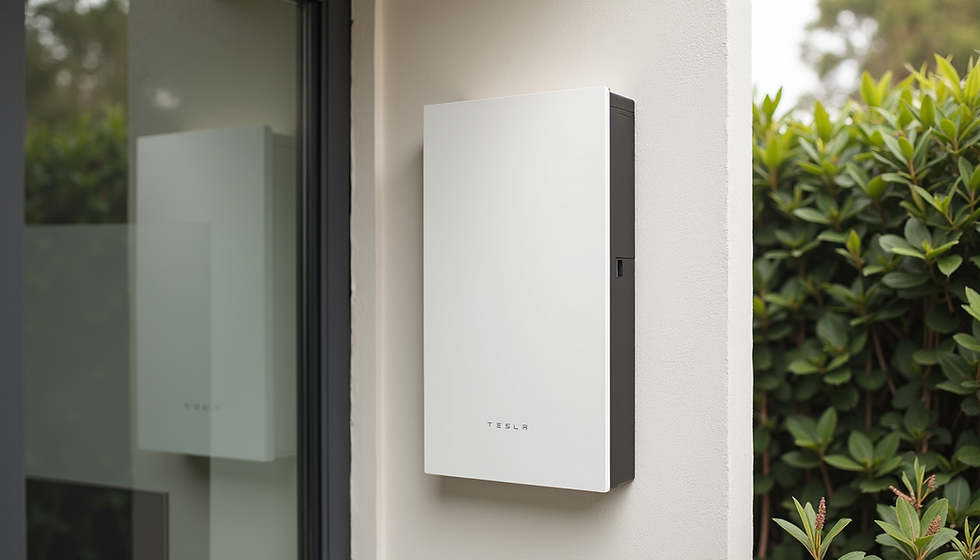Everything You Need to Know About Electrical Circuit Breakers
- Leila Souza

- Nov 3, 2022
- 2 min read
Updated: Oct 28, 2024
The fundamental idea behind a circuit breaker is simple. You wrap a protected function call in a circuit breaker to monitor failures. Once the failures reach a certain threshold, the circuit breaker trips, and all further calls to the circuit breaker return with an error.

Demystifying Circuit Breakers: Safeguarding Your Home's Power
A circuit breaker is like a guardian for your home's electrical circuits. Its primary job is to halt the flow of power when it senses issues like high current faults, short circuits, or overloads. Picture it as a vigilant watchman stationed in your electrical distribution board.
Now, let's untangle the jargon and understand the differences between a safety switch, fuse box, and a circuit breaker.
Circuit Breaker Unveiled: The Power Protector
A circuit breaker plays superhero by shutting down electric current when it surpasses the normal flow. Unlike a fuse box, which blows out under power surges, the circuit breaker steps in to detect spikes and prevent serious problems without damaging the rest of the system.
Safety Switch: Guarding Against Electrical Mishaps
Enter the safety switch – a defender against electrical accidents. It monitors the electric current flowing through your wiring system, promptly cutting it off in case of leaks or overloads. This nifty device helps steer clear of potential threats like electrical shocks, fires, or other damages that might harm your loved ones.
But can a circuit breaker fail without sounding the alarm?
The Silent Failure: When Circuit Breakers Malfunction
Yes, indeed! A circuit breaker can fail without tripping, indicating it's time for a replacement. This could be a red flag for underlying issues like exposed or loose wiring, overheating, or unregulated voltage. In such cases, requesting an electrical inspection is wise to identify and rectify the problem.
Faulty Circuit Breakers: A Recipe for Disaster
A malfunctioning circuit breaker is a potential recipe for electrical fires. Watch out for signs like flickering lights, power interruptions with appliances, a burning smell from your power board, excessive heat from the breaker, frequent tripping, or visible physical damage like melted wiring or burn marks. These are clear indicators that your circuit breaker might be on the fritz.
Knowing When to Say Goodbye: Replacing a Circuit Breaker
Your home's electrical panel can be a trooper for up to 40 years. However, if you've got an older house or notice signs of a struggling circuit breaker, it's time to contemplate a replacement. Start by calling a qualified electrician for an electrical inspection. Energy Culture provides thorough electrical tests to ensure your system can handle the demands of modern living safely.
In conclusion, understanding the inner workings of circuit breakers empowers you to keep your home safe from potential electrical hazards. Stay informed, stay secure!
Contact Energy Culture if you are having problems with your circuit breaker at home!




Comments